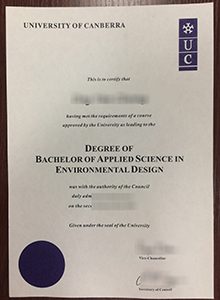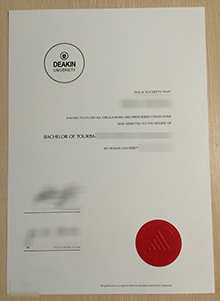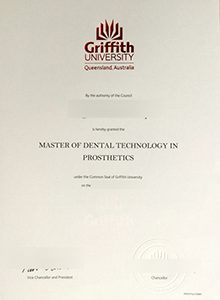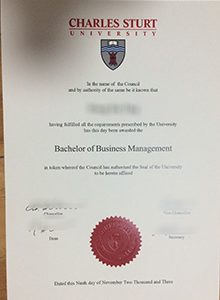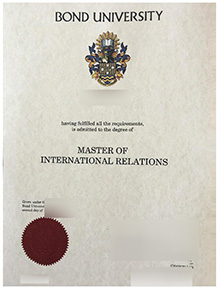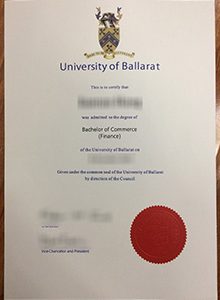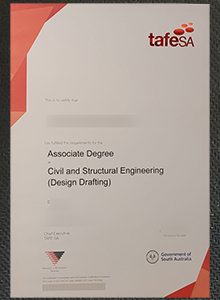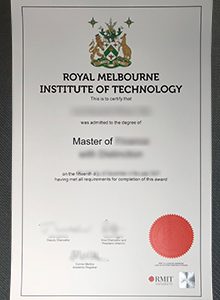Buy United States College &University Fake Diploma, Degree, Transcripts
Obtaining a high-quality degree (such as a prestigious university, a master’s/doctoral degree with high gold content) can bring many advantages, whether it is personal development, career prospects or social recognition. The following are its main benefits:
1. Career development advantages
Higher employment competitiveness:
A prestigious university or a high-quality degree is a “hard currency” when looking for a job, especially in highly competitive industries (such as finance, technology, consulting, and academia), employers tend to give priority to candidates with high education or a background in a prestigious university.
Faster promotion opportunities:
Many companies have implicit thresholds for senior management positions or core positions for academic qualifications, and high-quality degree holders are more likely to enter the promotion channel.
Higher starting salary and salary potential:
Statistics show that the starting salary of graduates from prestigious universities or those with high academic qualifications (such as masters and doctors) is generally higher than that of those with ordinary academic qualifications, and there is more room for long-term income growth.
2. High-quality personal connections
Alumni network:
Prestigious universities usually have a strong alumni circle, and alumni may be spread across top companies or institutions in the industry, providing resources for professional cooperation, internal referrals, and entrepreneurship.
Mentors and classmates resources:
Mentors and classmates in a high-quality education environment are often industry elites and may become partners or guides in the future.
3. Personal ability improvement
Systematic knowledge system:
High-quality education focuses on critical thinking, research ability and interdisciplinary learning to help students build a solid professional foundation.
Problem-solving ability:
Through rigorous academic training (such as papers and project practice), students can analyze complex problems more efficiently and propose solutions.
International vision:
Many prestigious schools provide overseas exchanges and cross-cultural cooperation opportunities to broaden students’ global perspectives.
4. Social recognition and trust
Brand endorsement effect:
Famous schools or high-quality degrees are “credit certificates” of personal ability, which are easy to gain the trust of customers, partners or the public.
5. Social status improvement:
In some cultural environments, high education is positively correlated with social respect.
6. Flexibility of cross-industry transformation
High-quality degrees (such as MBAs and interdisciplinary masters) can provide knowledge reserves and qualification recognition for career changes, lowering the threshold for transformation.
7. Long-term hidden benefits
Family education inheritance:
Highly educated families have more significant educational investment and exemplary role in their children, forming a virtuous circle.
Exceptions to note
Industry differences:
In fields that emphasize practical experience (such as art, entrepreneurship, and IT technology), ability may be more important than academic qualifications.
Risk of overinvestment:
If the time and economic costs of studying for a degree are too high, but there is no matching return, it is necessary to carefully weigh the pros and cons (for example, the job market for a PhD in liberal arts may be narrow).
Summary
The core value of a high-quality degree is that it provides access to scarce resources (knowledge, connections, and opportunities), but whether it can ultimately be transformed into personal achievement still depends on how these resources are used. For those pursuing top career paths or academic research, it is often an “accelerator”; while for fields that rely more on practical experience, ability and experience may be more critical.

